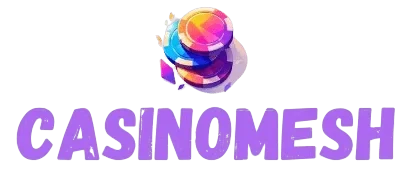The transformative educational potential of the best games has quietly revolutionized cendanabet learning methodologies across academic institutions, corporate training programs, and personal development initiatives worldwide. These exceptional titles demonstrate how interactive entertainment can convey complex concepts, develop critical thinking skills, and foster collaborative problem-solving abilities more effectively than traditional educational approaches. The best games create immersive learning environments where students naturally absorb information through experiential discovery rather than passive consumption, making education more engaging and memorable while accommodating diverse learning styles and paces.
Historical education has been particularly transformed by the best games, with titles like Civilization VI and Assassin’s Creed: Discovery Mode providing interactive experiences that make ancient civilizations, historical events, and cultural developments tangible and personally meaningful. These games allow learners to experience historical scenarios firsthand, making decisions that illuminate the complexity of past events while developing empathy for different perspectives and circumstances. The best games in this category combine rigorous historical research with engaging gameplay mechanics, creating educational experiences that are both entertaining and academically valuable. Teachers and professors worldwide have integrated these games into their curricula, finding that students retain historical information more effectively when they actively participate in recreating historical scenarios.
Scientific and mathematical concepts find natural expression through the best games, which can visualize abstract theories and complex calculations in ways that make them accessible to learners who might struggle with traditional textbook approaches. Games like Kerbal Space Program teach orbital mechanics, physics, and engineering principles through hands-on experimentation that allows players to understand these concepts through trial and error rather than memorization. The best games create safe spaces for failure and experimentation, encouraging learners to test hypotheses, analyze results, and iterate on their approaches until they achieve understanding. This experimental approach to learning mirrors actual scientific methodology while making complex subjects approachable and enjoyable.
Language learning has been revolutionized by the best games, which provide immersive environments where learners can practice communication skills in contextually appropriate settings while receiving immediate feedback on their progress. Games like Duolingo have gamified language acquisition, making daily practice engaging and rewarding while tracking progress in ways that motivate continued learning. The best games for language education combine vocabulary building, grammar instruction, and cultural context in integrated experiences that feel like entertainment rather than academic work. These games recognize that language learning is most effective when it occurs in meaningful contexts that require authentic communication rather than rote memorization.
The collaborative skills developed through the best games have become increasingly valuable in modern educational and professional environments, where teamwork, communication, and collective problem-solving are essential competencies. Multiplayer games require players to coordinate strategies, delegate responsibilities, and support teammates in achieving common goals, developing leadership and collaboration skills that transfer directly to academic and workplace situations. The best games create opportunities for players to practice these skills in low-stakes environments where mistakes become learning opportunities rather than failures. Educational institutions have begun incorporating collaborative gaming experiences into their programs, recognizing that the social and emotional skills developed through gaming are as valuable as traditional academic knowledge.
